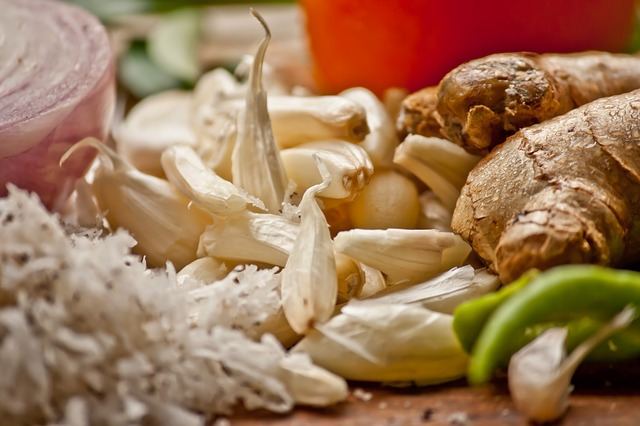Meal planning can seem intensive at first but once you make a habit of it, you’ll be amazed at the savings you can make! Not only time but money as well – and no more waste! Here are our best tips for better weekly meal planning.
- Look for inspiration
Ask your partner or family what they want to eat. Sometimes we get caught up in our weeks, we can easily forget that simply asking can be a good source of inspiration. It can be motivating as well!
Browse recipes and find a place to save them. Whether you prefer having recipes on paper or on your computer, find a way to store your recipes where you can easily access and browse them.
Keep a journal. By looking back at the meals you have made in the past you can get inspired to recreate a recipe or improve on it. Using a calendar for this is a good idea.
Check the weather forecast. This might seem odd, but it can be helpful to know what the weather will be like in order to find if you’ll be craving soup or salad.
- Get organised
Start a calendar. Whether it’s on paper, a Google calendar or else, the important thing is to write down the meals that you are planning to prepare for each day of the week. Leave a blank for meals you will be eating out. Make notes of special preparation you need to make in advance, such as taking an item out of the freezer the day before in order to be ready to cook it the following dinner.
Check what’s on offer. If you know there will be an offer at your local shop or supermarket, you can plan your meals accordingly and use items that are currently on offer.
Use theme nights. Some people find it helpful to have themes on different nights. For example, Monday is pasta night, Tuesday is fish, Wednesday is soup… This can be particularly helpful if you have kids as you can involve them in choosing next week’s soup or their favourite pasta. It’s a good way for families to make quick decisions.
Plan for leftovers. Leftovers can make your life easier. You could prepare a big healthy casserole and eat it off all week for lunch, for example. If you’re not keen on eating leftovers so often, you can always freeze the leftovers and have them later.
Make a shopping list. Take ingredients from the recipes you have chosen and list them before you go shopping. This will make sure that you have everything you need and will save you time in the shops.
- Get it done
Prepare food after shopping. If you know you will need chopped veggies, grated cheese or fish fillets, prepare them as soon as you get back from the shops so you can organise the fridge accordingly. You can also start cooking veggies or marinate meat and fish.
Freeze strategically. You can freeze anything that you think will not last or any leftovers from soups, stews, beans, etc. Leftovers will then still be fresh and tasty after a month!
Have well-stocked pantry. Don’t run out of olive oil at an inconvenient moment. Having herbs, spices and oils at all times makes it easy to prepare meals and recipes. You can keep a few lemons and fresh herbs in the fridge.
Do not overfill your refrigerator. If you fridge is over-full, things can get forgotten in the back. Don’t let things go bad and keep a list of leftovers nearby so you know what is still to be eaten.
TLDR:
Write down what you are going to eat on each day.
Think about leftovers and freeze anything that you will not be eating in the week.
Make a shopping list and keep a well-stocked pantry.
Prepare food in advance if needed: cooking, chopping, marinating or defrosting.
We hope you have found these tips for better weekly meal planning helpful. If you are looking for inspiration, we have great recipes on the blog and we also regularly share mouth-watering recipe on our Facebook page.

